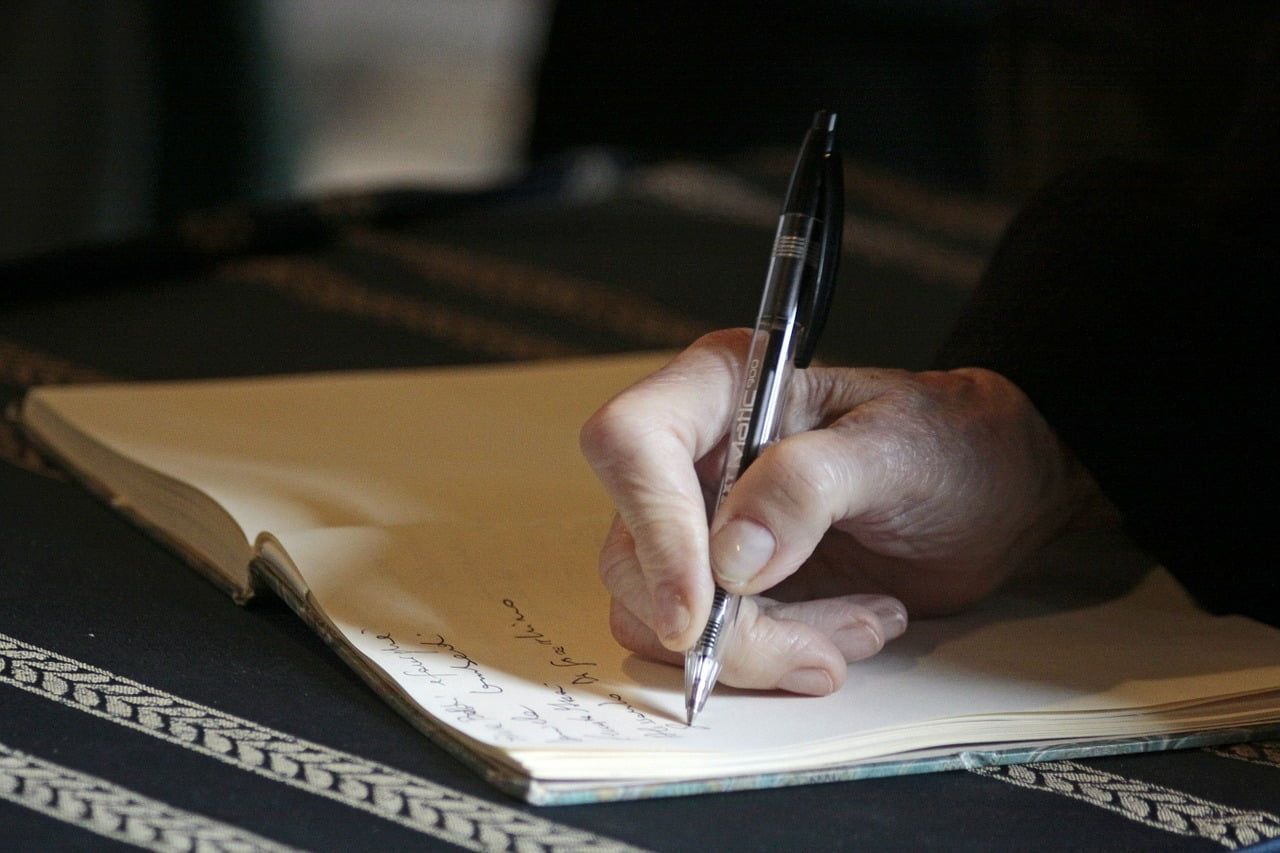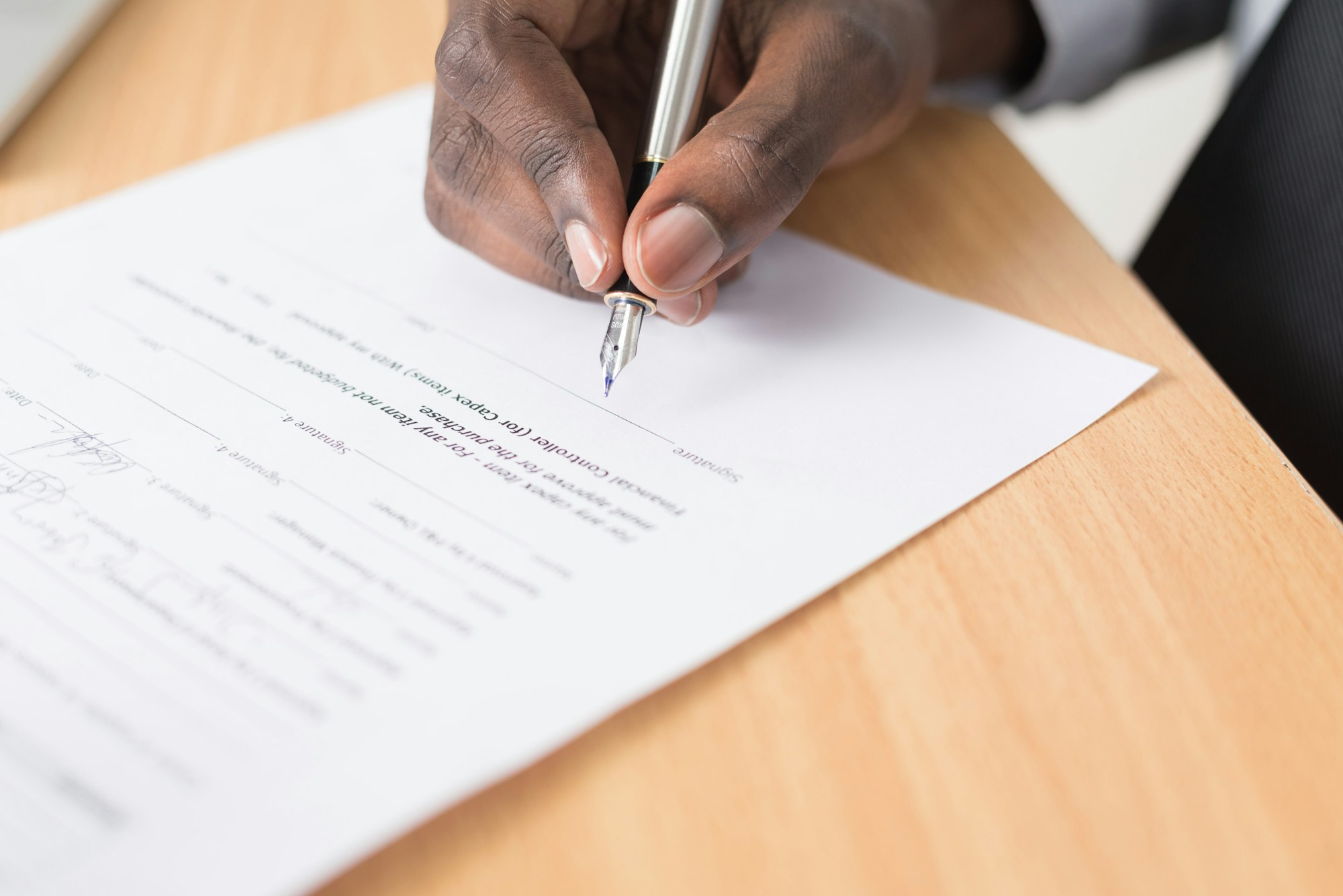The Importance of Being Present
A recent disciplinary case in Singapore, [Law Society of Singapore v Mohammed Lutfi bin Hussin](https://www.elitigation.sg/gd/s/2022SGHC182) , highlights a common pitfall in legal practice. A lawyer failed to witness the signing of conveyancing documents personally but attested to doing so. Few people may pay attention to a routine conveyancing transaction. Still, this time, the transaction was tainted by fraud: a mortgagor had submitted false documents to a mortgagee to obtain a higher loan. The lawyer’s license was suspended for three years for claiming to have witnessed the signing when he didn’t.
There’s an uncharacteristic lack of remorse on the lawyer’s part compared to other disciplinary cases. Here’s how he described his practice, which seems rather ordinary at first glance:
This was a routine purchase of the Property by [a buyer] financed by a loan taken from a bank. The transaction could be carried out without my seeing [the Buyer]. My staff are fully capable of dealing with routine transactions such as [the Buyer’s] purchase of the Property. If anything out of the ordinary crops up, they will inform me and I will then see [the Buyer] and sort out whatever problem has arisen. There were no issues at all relating to [the Buyer’s] purchase and for that reason, I did not have to see him.
In contrast, here’s what the Court of 3 Judges (in charge of lawyer discipline) thought of that:
[The lawyer] had put in place a “system” pursuant to which he entrusted his non-legally trained staff to carry out conveyancing transactions, including witnessing the execution of conveyancing documents, so that he did not have to meet his own clients, unless he deemed it necessary. Under this “system”, he presupposed that everything was in order until and unless his staff flagged any issues. In relation to [the Buyer’s] conveyancing transaction, nothing out of the ordinary was brought to his attention. He therefore assumed that all was in order and never met [the Buyer], notwithstanding the fact that the latter had engaged him as his conveyancing solicitor.
It’s important to note that witnessing someone sign a document isn’t likely to have stopped the fraudulent transaction. The nub of the issue was that the lawyer had claimed to do something he did not. The Court recognized that some might call this “technical dishonesty”.
But what’s the point of witnessing someone sign a document? The main idea is that it prevents fraud. Anyone can put anyone’s signature anywhere. The lawyer ensures the signor’s identity, understands the document, and there are no signs of duress or misunderstanding.
Who wants to do an E-Will?COVID-19 offers an opportunity to relook at one of the oldest instruments in law — wills. Is it enough to make them an electronic transaction? Love.Law.Robots.Houfu
Love.Law.Robots.Houfu A similar problem persists in the area of wills and testaments.
A similar problem persists in the area of wills and testaments.
Post-pandemic, though, alternatives are apparent but with questionable legality. If a lawyer witnesses a signing through Zoom, does it count? If e-Signature can be used, what value does being in person add? Banks don’t use lawyers to prevent fraud all the time too. Document submission, such as income and particulars, can now be received directly through the relevant government agency and authenticated fairly securely by the applicant. The wonders of SingPass!
The question is, would the lawyer have escaped sanction if there was actually a “system” in place? The Court describes this as a “non-system” because the lawyer had abdicated his responsibilities to non-legally trained staff. But what if the lawyer had implemented a system to train his staff on when to escalate, use checklists, verify the work, and carry out audits? Would that be enough? Or is the point that no matter what, the lawyer must be physically present?
We aren’t going to find out because everyone understands that witnessing a signing has to be personal. Furthermore, this is a strict requirement promulgated by legislation, so it’s non-negotiable.
These issues are essential because conveyancing is a prime example of volume work in the legal profession. If a lawyer has to be physically present at every stage of the transaction, this would slow down the process and make it expensive. The practice would be harder to justify in the face of more efficient and cost-effective solutions. More people would believe its objective is to maintain a monopoly for lawyers. Even lawyers may be hard-pressed to find efficient ways to do business and inadvertently find themselves on the wrong side of the law.
For now, legal innovators trying to automate manual processes or implement a “system” would have to be careful if they involved any attestation. It’s the law; you can’t change it, and breaking it would get you in hot soup, no matter how dissatisfied you would be.
The Importance of Being AuthorisedA recent case shows that practising law as an unauthorised person can have serious effects. What does this hold for other people who may be interested in alternative legal services? Love.Law.Robots.Houfu
Love.Law.Robots.Houfu An earlier post explored another common pitfall.
An earlier post explored another common pitfall.
#Law #Lawyers #E-signature #Employee #LawSociety #Singapore #SupremeCourtSingapore #tech
Love.Law.Robots. – A blog by Ang Hou Fu
- Discuss... this Post
- If you found this post useful, or like my work, a tip is always appreciated:
- Follow [this blog on the Fediverse]()
- Contact me:

